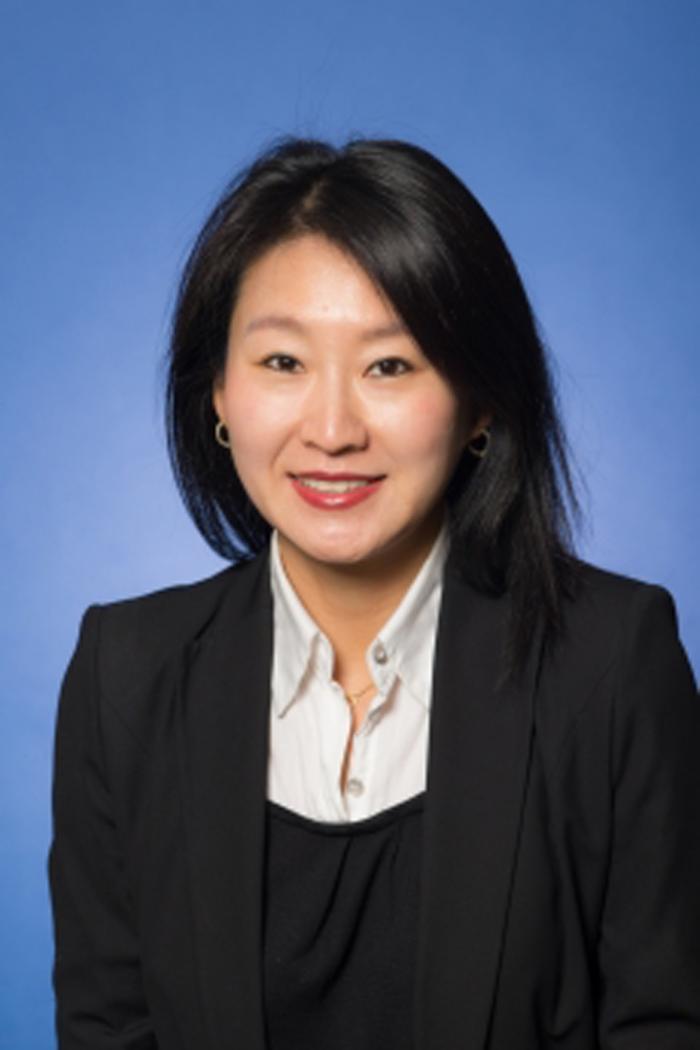Jisoo M. Kim

Jisoo M. Kim
Associate Professor
Korea, Gender
Contact:
Jisoo M. Kim is a specialist in the gender and legal history of early modern Korea. Her broader research interests include crime and justice, forensic medicine, history of emotions, literary representations of the law, diglossia, vernacular, and gender and sexuality. Her first book, The Emotions of Justice: Gender, Status, and Legal Performance in Chosŏn Korea (Seattle: University of Washington Press, 2015), which received the 2017 James B. Palais Book Prize, traces the discourse of emotions in the realm of law and examines how the narrative of wŏn (冤) or the sense of being wronged played a crucial role in seeking and performing justice. She is currently working on a book project, tentatively titled Crime of Violence: Forensic Medicine, Dead Bodies, and Legal Culture in Early Modern Korea.
Korea Foundation Associate Professor of History
- Asia
- Early Modern World
- Women and Gender
IAFF 2091: East Asia: Past and Present
HIST 2605W: Gender, Power, and Sexuality in East Asia
HIST 3601: Two Koreas: Identities and Division
HIST 3630: History of Korea
HIST 6630: Modern Korean History
HIST 6601: Asia: History, Memory, Violence
Monograph
The Emotions of Justice: Gender, Status, and Legal Performance in Chosŏn Korea (Seattle: University of Washington Press, 2015). Awarded the 2017 James B. Palais Book Prize of Association for Asian Studies.
Edited Book
JaHyun Kim Haboush, The Great East Asian War of 1592 and the Birth of the Korean Nation. Edited by William Haboush and Jisoo M. Kim with Sixiang Wang, Hwisang Cho, and Ksenia Chizhova-Kim. (New York: Columbia University Press, 2016)
Journal Articles and Book Chapters
“From Jealousy to Violence: Marriage, Family, and Confucian Patriarchy in Fifteenth Century Korea,” Acta Koreana vol. 20 no. 1 (June 2017): 91−110.
“Women’s Legal Voice: Language, Power, and Gender Performativity in Late Chosŏn Korea,” Journal of Asian Studies vol. 74 no. 3 (August 2015): 667−86.
“Law and Emotion: Tension between Filiality and Fidelity in a Property Dispute of Early Chosŏn Korea,” Tongbang hakji [Journal of Eastern studies] vol. 162 (June 2013): 203-39.
“Pŏp kwa kamjŏng: Chosŏn chŏn’gi chaesanpunjaeng ŭl t’onghae pon hyo wa yŏl ŭi kaldŭng 법과 감정: 조선전기 재산분쟁을 통해 본 효와 열의 갈등 [Law and Emotion: Tension between Filiality and Fidelity in a Property Dispute of Early Chosŏn Korea],” tr. by Choe Key-Sook and Chong Yong-Kyoung in Choe Key-Sook eds., Kamsŏng sahoe: kamsŏng ŭn ŏttŏk’ae munhwa tongryŏk yi toeonna 감성사회: 감성은 어떻게 문화동력이 되었나 [The Affective Society: How Affect Came to be the Source of Culture] (Seoul: Kŭl hang’ari Press, 2014), 81−107.
“Crossing the Boundary of Inner Quarters: Elite Women’s Petitioning Activity in Late Chosŏn Korea,” in Hyuk-Rae Kim ed., Korean Studies Forum vol. 4 (Seoul: Yonsei University Press, 2010), 221– 43.
“Individual Petitions: Petitions by Women in the Chosŏn,” in JaHyun Kim Haboush, ed., Epistolary Korea: Letters in the Communicative Space of the Chosŏn, 1392–1910 (New York: Columbia University Press, 2009), 68–76.
Ph.D., Columbia University, 2010

